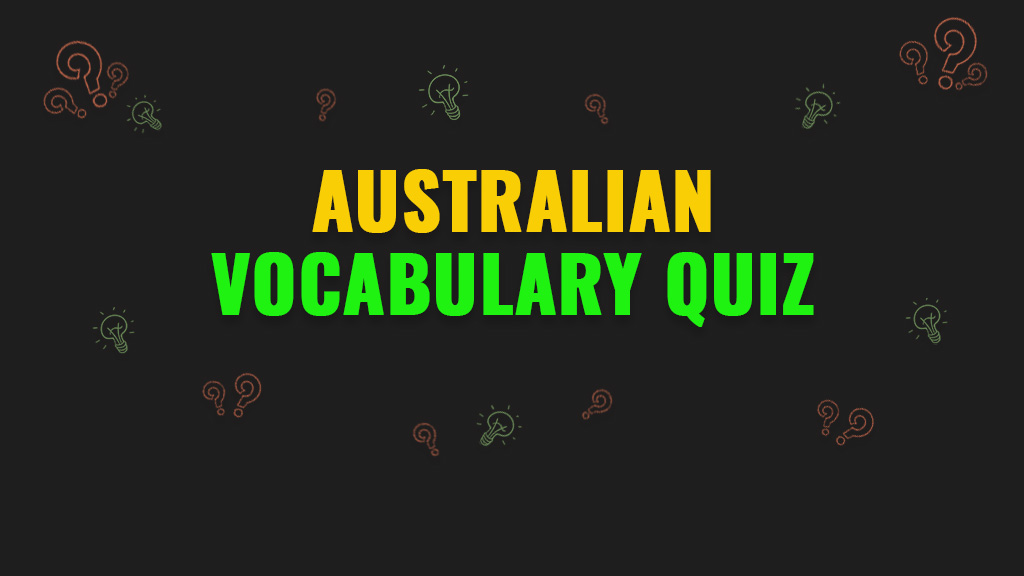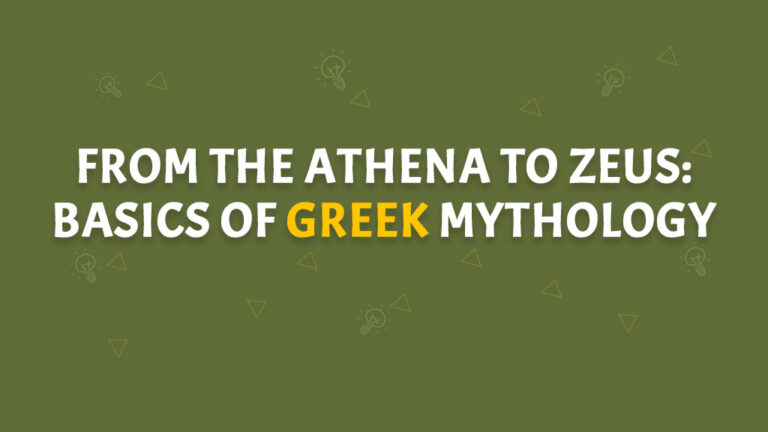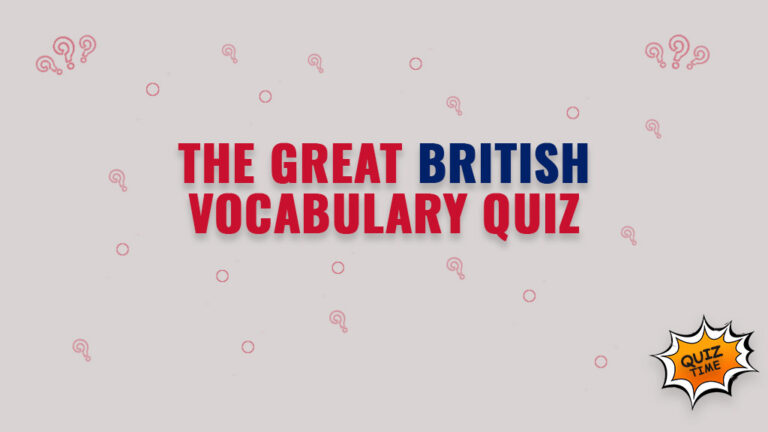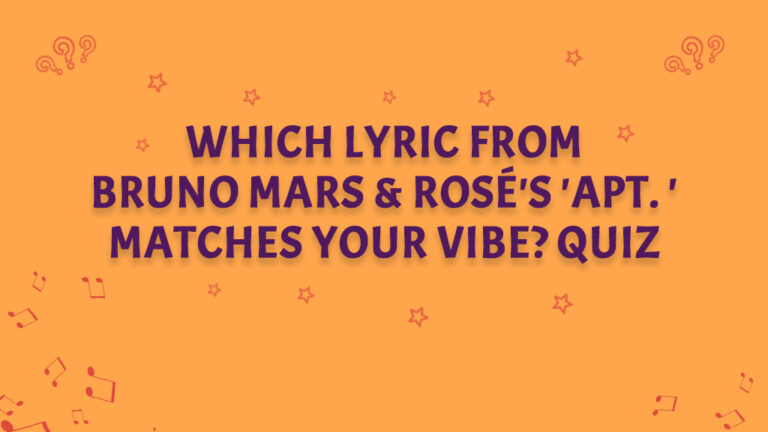❤️It's Trivia, but Sweeter❤️
Australian Vocabulary Quiz

Australia, a vast and diverse country, has its own unique set of colloquial expressions and vocabulary that distinguish it from the rest of the world. Australian slang, commonly known as “Aussie” slang, has evolved over time, often drawing from British, Indigenous, and immigrant influences. Over the years, the Australian vocabulary has taken on its own quirky charm, often leaving outsiders scratching their heads or chuckling at its humor. For anyone looking to get acquainted with the linguistic culture of Australia, understanding some of these common terms can be both enlightening and amusing.
One of the most iconic aspects of Australian language is its tendency to shorten words, creating more relaxed and playful forms. For instance, many Australians will refer to a “barbecue” as a “barbie.” This term is a perfect example of the laid-back attitude that permeates the Australian lifestyle. The “barbie” is an integral part of Australian social gatherings, whether it’s a weekend get-together with friends or a celebration of national holidays. The simplicity and ease with which Australians approach cooking outdoors reflect their love of socializing in the great outdoors, often with a beer in hand.
Another familiar word in Australian speech is “thongs.” To the uninitiated, this word might raise a few eyebrows. However, in Australia, “thongs” are simply what people in other countries call “flip-flops.” It’s an essential part of the Aussie summer wardrobe, as these shoes are perfect for the country’s warm climate, allowing for easy and comfortable footwear when strolling along beaches or walking through parks. For Australians, the term “thongs” has no association with the undergarment that it might refer to in other parts of the world. Such instances are a reminder that context plays an important role in understanding Aussie slang.
The Australian sense of humor also influences the way they form words, often creating playful abbreviations that make them sound even more informal. Take, for example, the term “arvo,” which is simply a shortened version of “afternoon.” It’s a term that’s used frequently across the country, and it perfectly encapsulates the Aussie preference for brevity and ease in conversation. “Let’s meet up this arvo” or “I’ll catch you in the arvo” is something you might overhear in any Australian city or town, and it’s a great illustration of the informal style of communication that defines much of the culture.
Australians also have a love for their outdoor lifestyle, and this is reflected in a variety of slang terms for items associated with the outdoors. “Brolly,” for example, is the Aussie word for an umbrella. While “brolly” might seem like a word designed to amuse, it’s widely used across the country. Australians don’t tend to let a little rain dampen their spirits, and the brolly is often carried to shield against sudden showers, especially in places where weather conditions can be unpredictable. It’s not just about keeping dry, but about continuing with daily life in the face of challenges—something that speaks to the resilience of the Australian spirit.
No conversation about Australian vocabulary is complete without mentioning the word “cuppa.” To an outsider, it may seem like just another informal term, but it is an essential part of everyday life in Australia. A “cuppa” refers to a cup of tea, and the act of enjoying a cuppa is deeply embedded in Australian culture. It’s a moment to pause, reflect, and connect with others, whether in the workplace, at home, or at a friend’s house. Offering someone a cuppa is a gesture of warmth and hospitality, much like offering a drink to someone in many other cultures. The importance of a good cuppa cannot be overstated in Australia, where tea time is as much a social activity as it is a simple refreshment.
On the flip side of hospitality, Australia also has a term for those who are less than welcoming. The word “bogan” is often used in a humorous or somewhat derogatory sense to describe someone who might be seen as unsophisticated or lacking refinement. While the word may seem negative, it’s often used lightheartedly, and many Australians will proudly embrace the label, turning it into a point of humor. Much like the American “redneck,” a bogan might be someone who enjoys simple pleasures like loud music, cheap beer, and fast cars. The term is a reflection of the broader social and cultural dynamics in Australia, where identity and class often intertwine in humorous ways.
When Australians describe things as “chockers,” they are saying that something is full or crowded. This term can refer to a wide range of situations, from a crowded train to a refrigerator packed with food. It captures the busy, bustling nature of Australian cities and towns, where space can often feel limited, especially during peak times. It’s another example of how the language often reflects the practical realities of everyday life in Australia.
Australia’s love for convenience and accessibility extends to its slang as well. For instance, a “servo” is the Australian term for a service station, or a gas station in other countries. Whether it’s for filling up the car or grabbing a quick snack on a road trip, servos are a ubiquitous part of the Australian landscape. Australians are known for their long-distance travel, especially in rural and remote areas, and servos provide much-needed stops along the way.
Another expression that frequently pops up in Australian conversation is “fair dinkum,” which is used to convey that something is genuine, true, or honest. If someone says, “That’s fair dinkum,” they are emphasizing that something is authentic, whether it’s a person, a story, or a situation. It’s a term that evokes the sense of trustworthiness and straightforwardness that Australians hold in high regard. In a culture that values honesty and integrity, “fair dinkum” has become synonymous with being real and unpretentious.
Finally, “sanga” is a lighthearted term for a sandwich, a food item that, like in many countries, plays a central role in Australian cuisine. Whether it’s a quick lunch or a snack during a break, the sanga is a staple. It might be filled with anything from vegemite and cheese to ham and salad, and it’s the perfect example of Australia’s casual, no-fuss approach to food.
In conclusion, Australian slang offers a fascinating window into the culture and attitudes of this unique nation. From the laid-back nature of the “barbie” to the practical yet humorous “bogan,” each term tells a story about how Australians live, interact, and view the world around them. Understanding these words not only enriches one’s experience of Australia but also deepens one’s appreciation for the country’s sense of humor, resilience, and love for the simple joys of life. Whether you’re planning to visit Australia or simply curious about the language, embracing these expressions will surely add a touch of Aussie spirit to your vocabulary.



